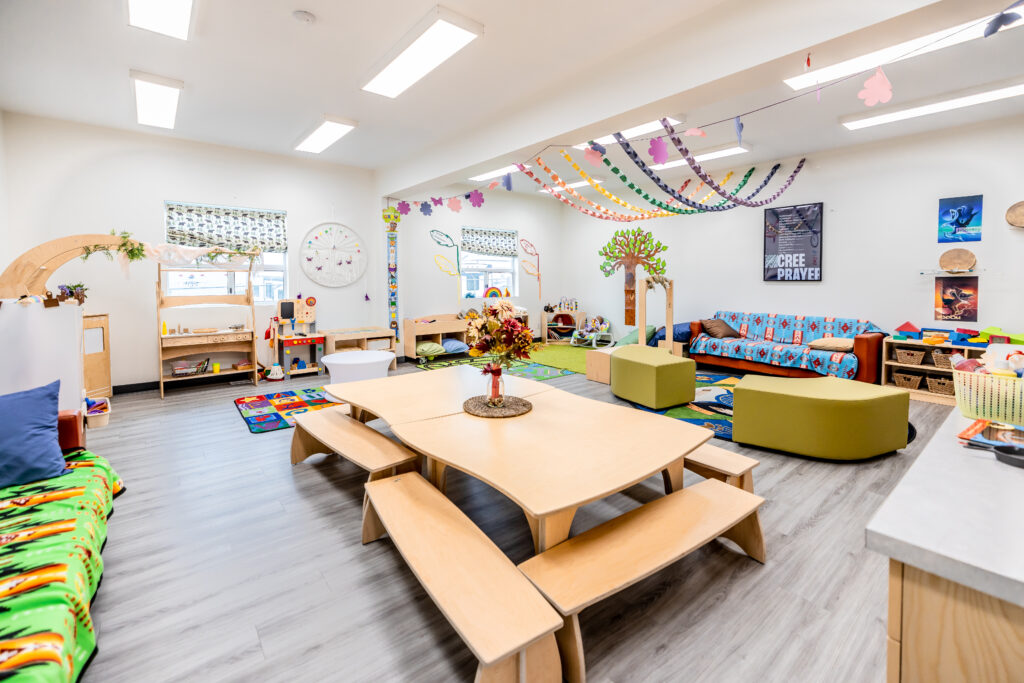Centre-based Programming

The GRP meets twice a week at the Early Years Centre. The purpose of the GRP is to support children and their parents in the transition from in-home learning to group or centre-based learning.
The goal of the GRP is the ensure that parents are equipped to support their children throughout the preschool stages of learning so that children have a positive early learning experience and therefore are ready for Head Start/school.
Over the course of 8 weeks, children and parents will explore a variety of parenting strategies, guidance techniques, as well as explore the developmental skills that will support the child in preschool programs.

Topics covered include:
- Baby’s gifts
- Engaging in play
- Consistency
- Secure attachment
- Separation Anxiety
- Potty Training
- Dental Hygiene
- Positive Guidance
- Language Development
- Supporting friendships
- Cree culture and language
- Bringing the outdoors in
- Community reflection
A typical session looks like this:
Topic/Toolbox Card(s) of the day: one or more toolbox card to go with each topic of the day
Practice: choose different learning strategies for parents and children to do together in program and at home
Child Structured Activity: activities for children’s development and school readiness
Adult Sharing Circle: sharing different parenting styles, ask questions, share stories
Homework: learning practices to do at home with their children



